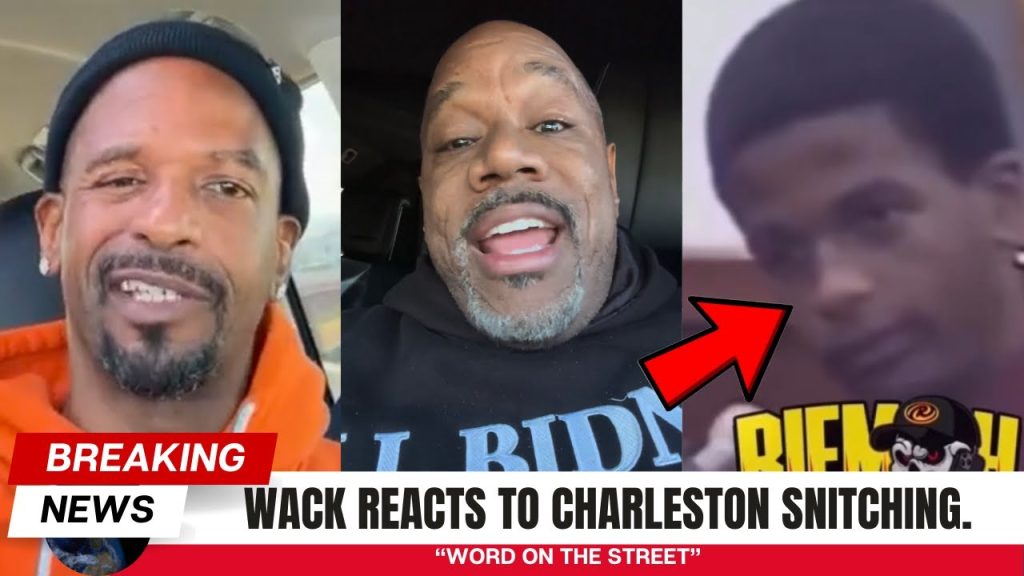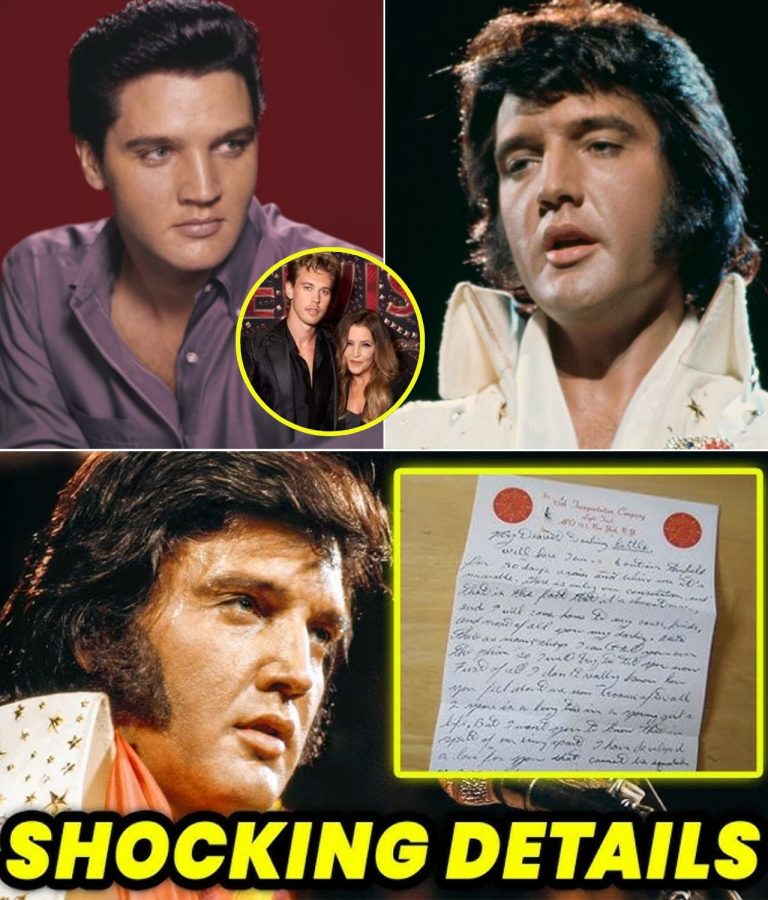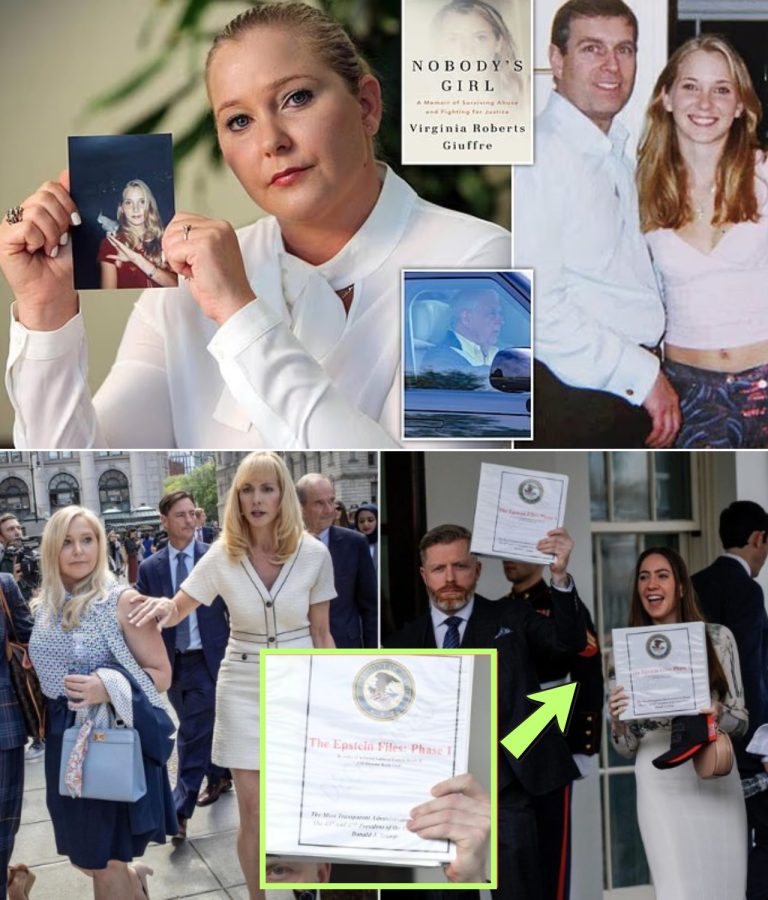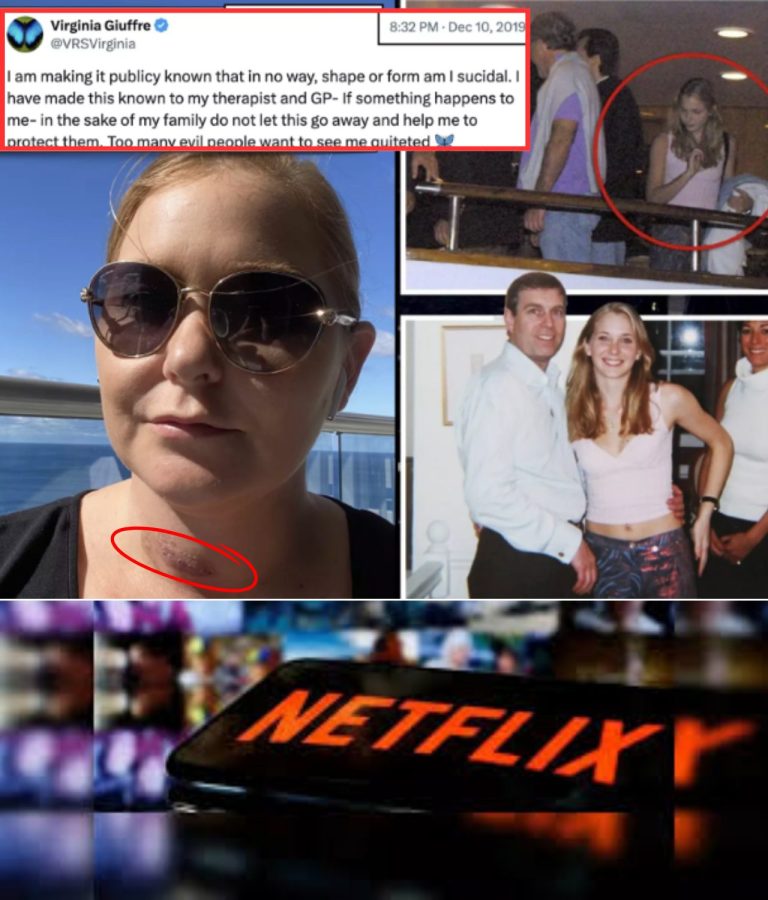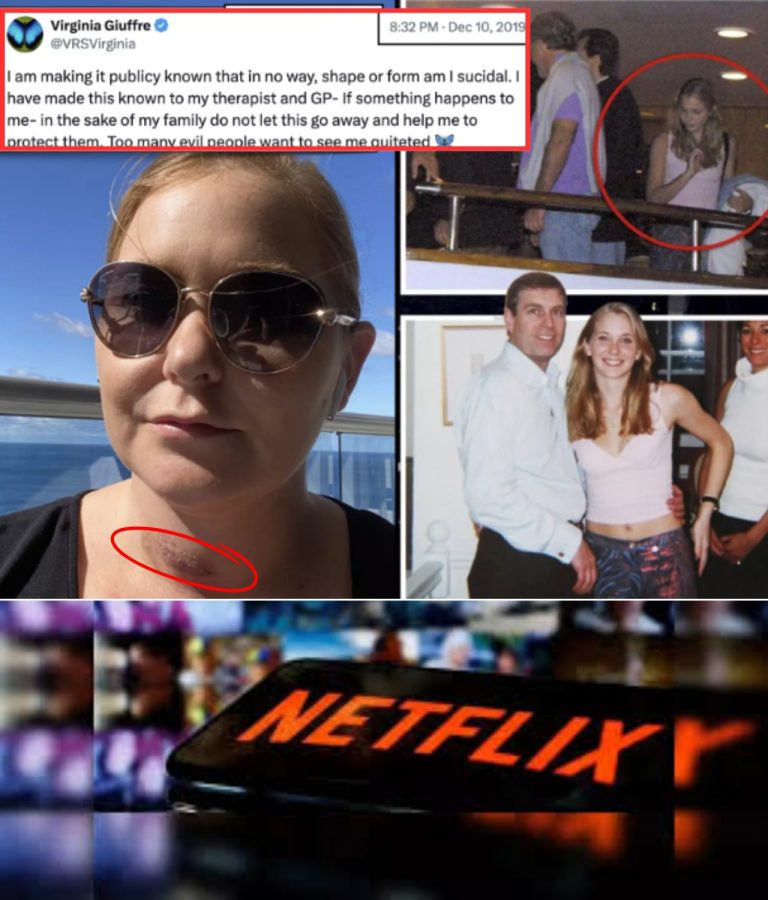In a recent online exchange, music industry figure Wack 100 publicly criticized Charleston White for his past decision to testify against a friend when he was just 16 years old. The controversy stems from a tragic incident in 1991, where White, then a teenager, testified against his friend, Anine D. Little, in the shooting death of 34-year-old Michael Levy. The case has resurfaced, sparking renewed discussions about loyalty, street credibility, and the implications of being labeled a “snitch.”
 During the trial, White recounted a harrowing event in which Levy, attempting to intervene in a shoplifting incident involving White and two other teenagers, was shot in the back by D. Little after they had discarded the stolen items. White’s testimony was pivotal in the case, leading to a significant reduction of charges for D. Little, who now faces a potential sentence of five years to life in prison if found guilty.
During the trial, White recounted a harrowing event in which Levy, attempting to intervene in a shoplifting incident involving White and two other teenagers, was shot in the back by D. Little after they had discarded the stolen items. White’s testimony was pivotal in the case, leading to a significant reduction of charges for D. Little, who now faces a potential sentence of five years to life in prison if found guilty.
Wack 100 took to social media to share his thoughts on White’s actions, stating, “Charleston White hides behind he will snitch these days… he tried to play gangster and became a snitch.” His comments reflect a broader sentiment in certain circles that condemn those who testify against friends, regardless of the circumstances. Wack 100’s post ignited a wave of reactions, notably from fellow influencer Lil Woody, who added laughter emojis in response to the situation.
This discourse highlights a complex dynamic within communities where street credibility is often paramount. Many argue that White, despite being a minor at the time, breached an unwritten code of loyalty by cooperating with law enforcement. While White has maintained that he acted out of a desire for justice, critics assert that his choices have marked him as a “snitch” in the eyes of many.
Despite the backlash, White has not shied away from his past. He has openly discussed the incident and his perspective on the events, but the prevailing opinion among some in the community seems to be that his actions were unforgivable. Wack 100’s comments and the ensuing discussions have reignited debates about the responsibilities of young individuals caught in criminal situations and the long-term consequences of their decisions.
As this narrative continues to unfold, it remains to be seen how it will impact the relationships and reputations of those involved. The exchanges between Wack 100, Lil Woody, and Charleston White are likely to keep audiences engaged as they navigate the complicated intersections of loyalty, justice, and the realities of life in the streets. For those interested in the ongoing saga, the “Word on the Street” channel promises to provide the latest updates on this and other developments in the realms of music and pop culture.
